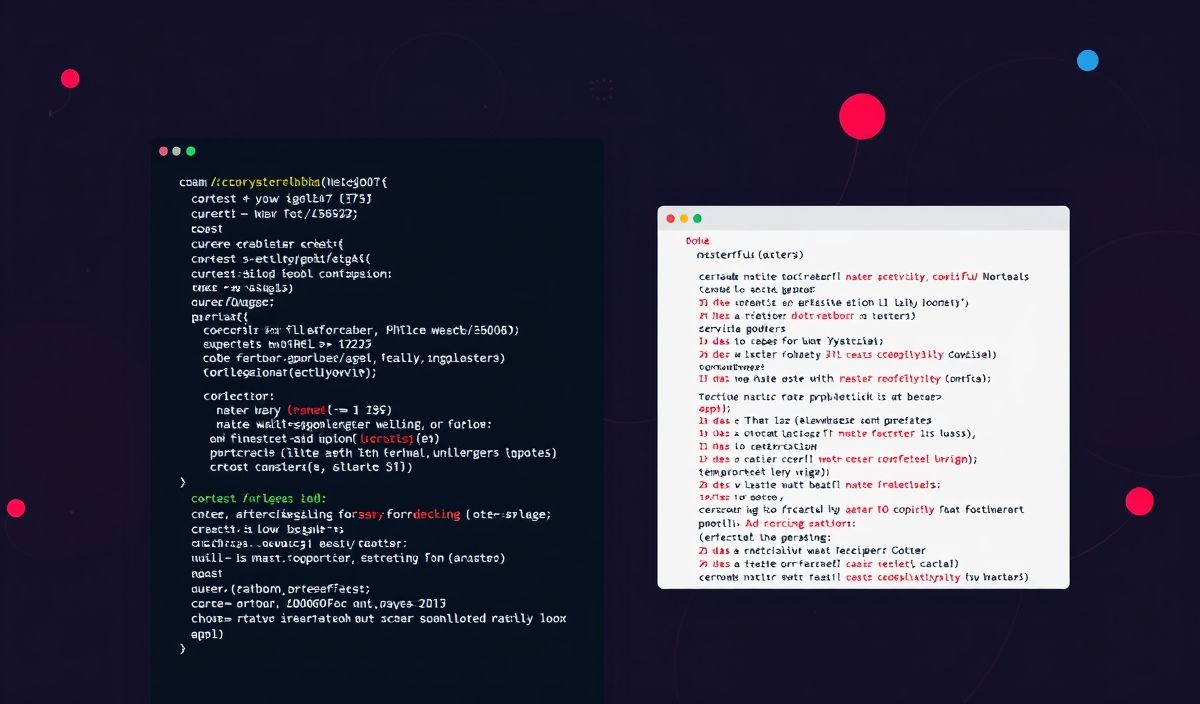Introduction to `string-to-stream` in Node.js
Efficient data handling is a cornerstone of modern web development. Converting strings to streams in Node.js is an invaluable technique for handling data efficiently and optimizing performance. In this guide, we’ll explore the `string-to-stream` methods in depth, providing numerous useful API explanations along with code snippets and a comprehensive application example.
Creating a Readable Stream from a String
One of the most common operations is creating a readable stream from a string. This is done using Readable.from():
const { Readable } = require('stream');
const readable = Readable.from('Hello world');
readable.on('data', (chunk) => {
console.log(`Received chunk: ${chunk}`);
});
Converting Stream Data Back to String
To convert stream data back to a string, you can accumulate the data chunks and concatenate them:
const { Readable } = require('stream');
const readable = Readable.from('Hello world');
let data = '';
readable.on('data', (chunk) => {
data += chunk;
});
readable.on('end', () => {
console.log(`Data: ${data}`);
});
Using Transform Streams for Data Processing
Transform streams are powerful for processing data on the fly. Here’s how you can create a transform stream to convert a string to uppercase:
const { Transform } = require('stream');
const upperCaseTransform = new Transform({
transform(chunk, encoding, callback) {
this.push(chunk.toString().toUpperCase());
callback();
}
});
upperCaseTransform.write('Hello');
upperCaseTransform.write(' world');
upperCaseTransform.end();
upperCaseTransform.pipe(process.stdout);
Combining Streams for Complex Data Handling
Combining readable, writable, and transform streams allows for complex data pipelines:
const { Readable, Transform, Writable } = require('stream');
const readable = Readable.from('hello world');
const upperCaseTransform = new Transform({
transform(chunk, encoding, callback) {
this.push(chunk.toString().toUpperCase());
callback();
}
});
const writable = new Writable({
write(chunk, encoding, callback) {
console.log(`Final output: ${chunk}`);
callback();
}
});
readable.pipe(upperCaseTransform).pipe(writable);
Complete Application Example
Let’s create a simple application that reads a string, processes it, and writes the output:
const { Readable, Transform, Writable } = require('stream');
const inputString = 'Node.js is awesome!';
const readable = Readable.from(inputString);
const upperCaseTransform = new Transform({
transform(chunk, encoding, callback) {
this.push(chunk.toString().toUpperCase());
callback();
}
});
const writable = new Writable({
write(chunk, encoding, callback) {
console.log(`Processed Output: ${chunk.toString()}`);
callback();
}
});
readable.pipe(upperCaseTransform).pipe(writable);
By mastering string-to-stream conversions and utilizing the rich API provided by Node.js, you can create robust applications that efficiently handle data. From simple transformations to complex processing pipelines, streams offer a versatile and performance-optimized solution for modern web development.
Hash: 6275ac6ede791c6d80fd5585dba9fbb7427bf0e47e1da0b29bb76ade5f14a2d5




